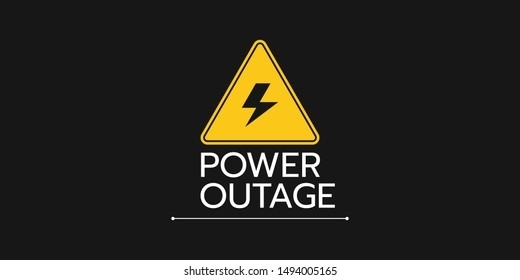POWER CUTS FROM NEXT MONTH; CEB TOLD TO FIND ITS OWN DOLLARS TO IMPORT FURNACE OIL

Sri Lanka is lurching towards serious power shortages next year entailing scheduled power cuts with the Ceylon Electricity Board (CEB) alerting the Government this week to its latest crisis: The “critical fuel situation for thermal power generation” has been exacerbated by the shortage of dollars to import furnace oil.
Over the past few weeks, the CEB has also been battling with several breakdowns that have impacted prevailing power supply. Apart from two countrywide blackouts, the Norochcholai coal power units have also been “giving trouble” including a heater leakage, tube and diaphragm repairs. As at Friday, two units were still not available.
One inoperative unit is expected to be on line by mid-January but the repair it requires “is complicated, has not previously been done and needs the intervention of the Chinese,” authoritative sources said. A gas turbine in the West Coast power plant is out of commission. And the CEB’s 160MW barge power plant was also shut down over lack of fuel. Meanwhile, hydro resources will be lower with water also being needed for the next cultivation cycle.
“We are running with a shortage of about 100MW for the night peak,” a CEB source said. On Monday, the CEB wrote a note to its Board–now widely circulated–warning that there was a critical fuel situation for thermal power generation owing to restricted furnace oil availability. Efforts to procure it have failed with the Ceylon Petroleum Corporation (CPC) asking the CEB to open its own letters of credit (LCs) to import the fuel as it, too, was running out of dollars.
“Therefore, most probably, there will be a 50-60MW shortage for the night peak in January,” the sources said. “Load shedding will be inevitable.”
“We have a burden in importation of petrol, diesel and other petroleum products,” said Energy Minister Udaya Gammanpila. “We cannot accept the burden of finding US dollars for the CEB as well. If they bring the foreign currency, we can import for the CEB. We will get the stocks transferred and distributed to the location. But supplying the foreign currency is their responsibility.” Minister Gammanpila also flagged the CEB’s Rs 96bn debt to CPC.
“It is to be noted that the furnace oil (FO) storage at CPC refinery has been significantly depleted owing to its recent refinery shut down following crude oil shortage,” the CEB’s note to the Board states. It cites the CPC as saying its stocks are down to around 16,000MT. While the refinery, which was temporarily shut down, restarted operations on December 10, 20201, daily furnace oil production is restricted to a mere 500MT for power generation.
As the present refinery operation will only continue for another 25 days. This means there will be just 12,500MT of additional furnace oil in production. Stocks available at the CEB and West Coast premises were, as at Monday, were around 5,700 and 15,500MT respectively.
“Accordingly, present available fuel stocks and confirmed refinery production are not sufficient to cater to the demand for thermal plant operation unless FO stocks are improved,” the Board paper says. “At present, available fuel stocks and confirmed refinery production will be sufficient for CEB and WCPP operation only till mid-January 2022.” The only option now was to import furnace oil, it says.
“CPC has tentatively planned to import 30,000MT of furnace oil in January 2022,” it continues. “Nevertheless, this fuel shipment import is yet to be confirmed since CPC has refused to import fuel unless CEB agrees to open LC on behalf of CPC.”
Meanwhile, the CEB Engineers’ Union (CEBEU) calls on all authorities to “identify at least now itself [sic] why there is a severe project implementation delay in the country and address the cases of such problem (to eliminate the problem) instead of blaming the effects/results of the problem”.
“We wish to caution authorities not to allow a crisis to take place and thereafter resort to expensive short-term solutions such as short-term supplementary power (popularly referred to as Emergency Power) purchasing to overcome on the effect of the problem,” it states. “It is futile to blame a (short-term) solution after allowing a problem to occur.”
The CEBEU proposes several immediate steps to overcome the crisis, including conservation of fuel for power generation. This would require measures to cut down transport fuel by encouraging work-from-home arrangements.
